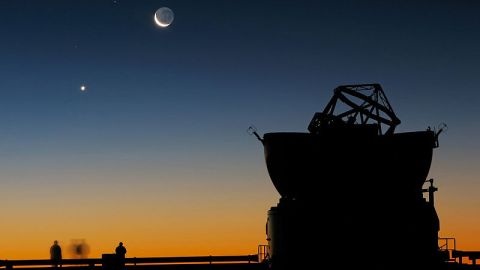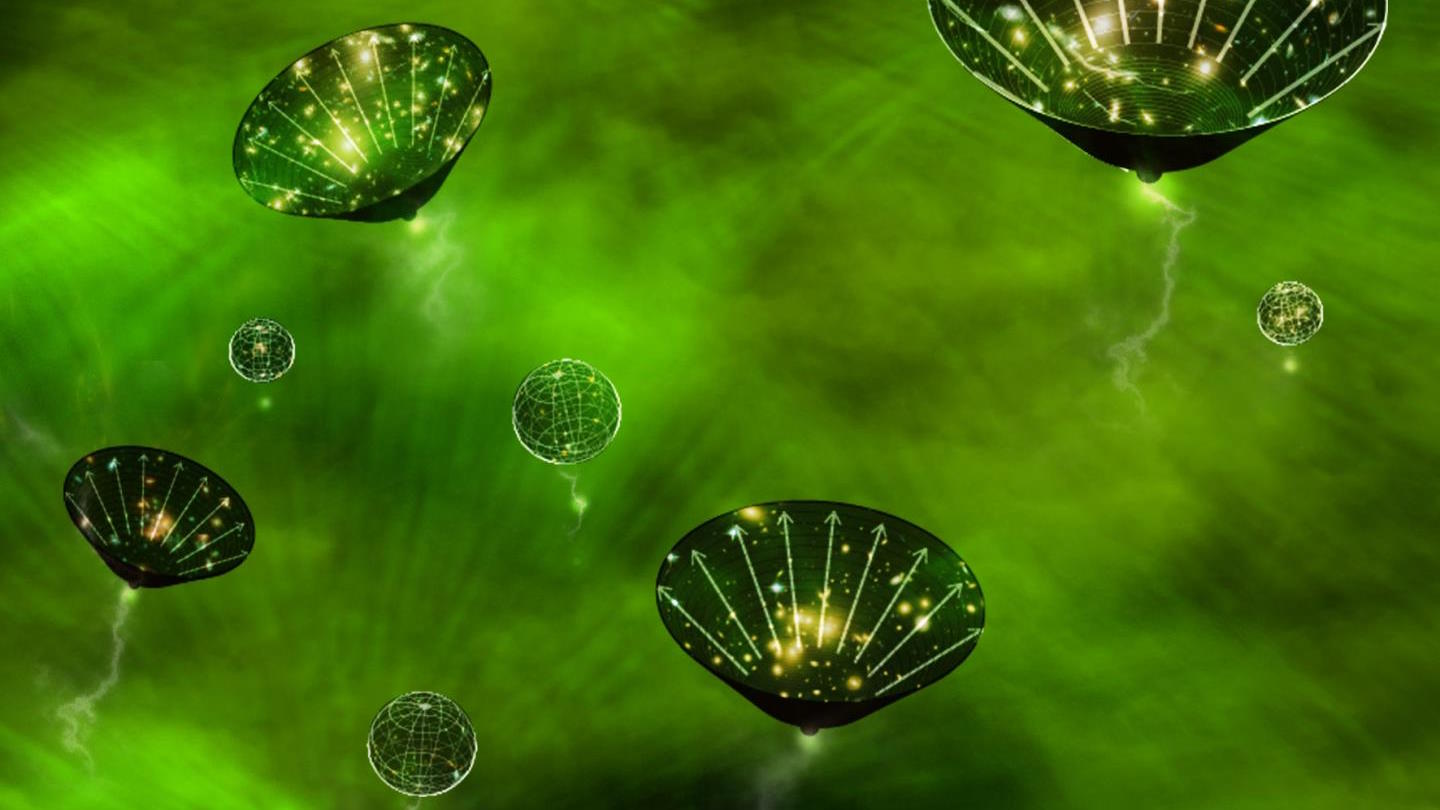It’s Getting Lonely in The Universe

“Where is everybody?” the physicist Enrico Fermi once famously asked, disappointed that aliens hadn’t contacted us yet. Over 50 years later, Fermi would feel even more snubbed. As Paul Davies puts it in the title of his latest book, the Search for Extraterrestrial Intelligence (SETI) has turned up nothing but an “eerie silence.” Davies, a physicist, cosmologist, and astrobiologist, thinks that if we’re going to have better luck, we’ll need to get creative. In a Big Think interview that boldly goes into weird, wild territory, he describes how we can take SETI to the next level.
The first place we’ll need to look, according to Davies? Earth. If life is a relatively common phenomenon, cosmically speaking, it’s conceivable that it could have spontaneously originated more than once on our own planet. By scouring the biosphere for organisms that are not part of our “tree of life”—aliens among us, so to speak—we may find clues as to the nature and prevalence of life elsewhere in the universe. And if we’re willing to get very creative, we might start sleuthing for traces of intelligent life that have nothing to do with radio signals—such as decayed fuel waste from long-ago spaceship voyages through our solar system, or, you guessed it, hidden messages in our DNA.




